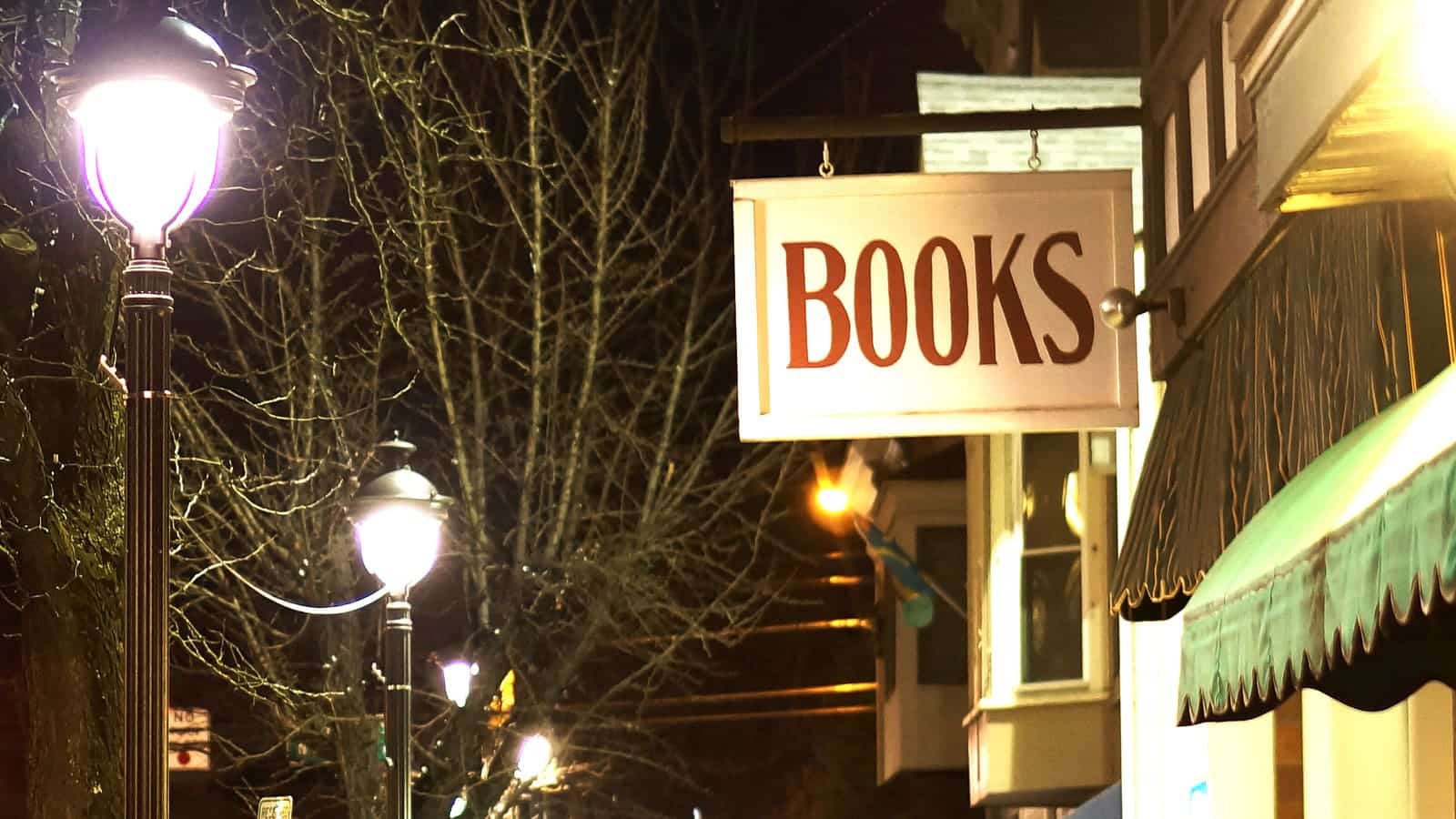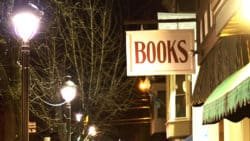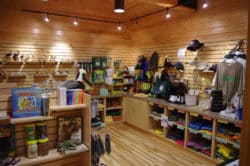Stop Kidding Yourself: The ABA Does Not Represent Indie Booksellers


Two of these four beliefs have been conclusively disproven in the past few years; TAG has been discredited as a publishers' puppet, and almost everyone now understands that the AAP’s revenue stats reflect less than half the book publishing industry.
Now it is time to reconsider the assumption that the ABA represents indie bookstores.
I was reading a post about online book-buying today on Richard Hollick’s blog when he mentioned a post of mine before adding:
The DR’s objection is that the ABA are not really trying to sell books — but maybe that’s intentional. After all they are the organization representing independent bookstores, and they are quite explicit about wanting to “train” customers who visit the IndieBound site to go to an independent bookstore. I see no reason why they shouldn’t offer books to people at whatever price they want: their motivation is not primarily to sell, it’s to promote. If someone is generous enough to pay full price on-line, so what?
Richard repeats two common beliefs about the ABA, both of which are widely repeated but neither of which are true.
The first false belief is that the ABA speaks for indie booksellers. The second is that the IndieBound website is supposed to have something to do with indie booksellers.
Let’s take those in reverse order.
IndieBound is described as "a community of independent local bookstores", which is not a good description. Rather than a gathering of indie bookstores, the site will only help you find ABA members.
If we search the site for indie bookstores in my area, for example, IndieBound will miss the several bookstores which I know for a fact are open while at the same time returning results which include the college bookstore at Mary Washington University and the Hudson newsstand at Dulles International Airport. The former is not independent, and the latter is not a bookstore (it’s also part of a chain).
Both of these retailers show up in the search because they are ABA members and not because they are indie bookstores.
As I explained back in July, the ABA may brand itself as representing indie booksellers but it will accept just about any type of retailer as a member. We can see that in the membership stats. At least twenty of the 51 ABA members in Virginia are not independent bookstores:
Four college bookstores in Virginia are ABA members, including two stores run by Follett. The membership roll also includes two online booksellers (one is just down the road from me) and an online retailer as well as the Marine Corps Association, three national parks, a toy store in Staunton, a museum, a community center, a holistic store, and five Hudson News airport concessions (actually around a dozen locations in five airports).
With a lot of bookstores not members of the ABA, and 40% of ABA members not bookstores, it is past time that everyone accepts the fact that the ABA’s branding doesn’t match up with reality.
Really, the ABA represents indie booksellers the same way The Authors Guild represents authors. Both claim to do so and they have had some success in getting the uninformed to repeat the meme, but in reality the facts do not support the claim.
In the case of The Authors Guild, we have an organization which repeatedly took positions which supported the book publishing industry and went against its member interests. It also repeatedly remained silent on critical issues like Penguin buying Author Solutions and using the vanity press to exploit authors.
It is not clear who the ABA really represents.
If one examines the group’s past actions, in particular its long-running hostility towards Amazon, one gets the impression that the ABA actually represents the legacy book publishing industry. The ABA’s amicus brief in the Apple Supreme Court appeal, and the ABA’s support of the bogus antitrust complaint against Amazon, both reinforce that impression.
To be fair, it is entirely possible that some ABA members might hate Amazon as much as the ABA. But do you really think that the national parks, newsstands, museums, or other organization which belong to the ABA really care about Amazon?
I doubt it.
So with a lot of bookstores passing on an ABA membership, and a lot of ABA members not actually being bookstores, who does the ABA really represent?
You tell me.
images by vastateparksstaff, helicopterspy


Comments
Richard Hollick September 27, 2016 um 10:56 am
Thank you for looking at my blog. It’s always good to have discussion.
I agree that the ABA doesn’t represent all independent bookstores: it represents those bookstores which pay their annual dues to the organization. Similarly people tend to assume that the AAP represents book publishing — but of course it directly represents only the (numerically quite small) sub-set of publishers who pay membership dues. Ditto The Authors Guild. To some extent the interests of non-member bookstores/publishers/authors can be said to align with those of members of their trade organizations, so it’s not altogether ludicrous to speak as if they represent the entire industry even though it’s not literally true. But yes, I should have qualified my comment to cover only “member independent bookstores”.
I really don’t think it can be claimed that just because the ABA doesn’t represent every bookstore they don’t really represent bookstores. Nor can the fact that toy shops or museum stores pay membership be taken to mean that the ABA isn’t involved in the book industry. I think the members in your area who you identify as non-bookstores must be paying their membership dues because they regard that fee as a worthwhile business cost. Maybe they don’t sell books only, maybe they don’t even sell mostly books, but for some reason or another, they think it worthwhile to belong to the ABA. I suspect that that may be because they sell books!
As for IndieBound — I’m not sure why you’d think that just because it helps you find member indie bookstores it doesn’t have “something to do with indie booksellers”. Wouldn’t it be odd if a membership organization directly promoted the interests of non-members? To the extent that their interests coincide, the ABA can’t (and wouldn’t attempt to) avoid promoting those joint interests of members and non-members, but members pay their costs, and members should get their primary attention.
What if there were a trade organization representing bloggers. Would the fact that you paid membership dues while I didn’t mean that The Digital Reader was a blog while Making Book was not?
Nate Hoffelder September 27, 2016 um 3:04 pm
Richard,
If 40% of the membership of that "trade organization representing bloggers" consisted of sites which were not blogs then I would question whether it really represented bloggers, yes.
And this is just wrong:
Indiebound, as you said before and as the site itself states, is intended to support indie bookstores. Leaving out bookstores which aren’t ABA members and including ABA members which aren’t bookstores defeats the purpose. It means the site is failing at its stated goal.
If the site exists just to promote ABA members then it needs to be rebranded. As it is, the site is misleading and deceptive.
Richard Hollick September 28, 2016 um 10:27 am
OK, they probably should indicate that it’s only their member indie stores that they are actively working to support.
David Gaughran September 30, 2016 um 6:46 am
FYI: Page Publishing – a shady vanity press – is an ABA member. The ABA has no problem with this whatsoever, even though Page Publishing plasters the ABA logo all over its site and uses that to lend legitimacy to its seamy operations. I approached the ABA to do something about it and Oren Teicher essentially said that they don’t police members actions and had no problem accepting them as an associate member. I wonder how much of the ABA’s supposed uptick in membership is crap like this (and why author should ever bother supporting their initiatives when they will throw us under the bus for fifty measly dollars).
Indie Bookstores an Endangered Species in the UK | The Digital Reader April 4, 2017 um 6:14 pm
[…] on data which is as flawed as the ABA's membership count would be in the US. To put it simply, not all bookstores are members of their respective national bookstore associations, and not all association members are […]
On Not Linking to Amazon | The Digital Reader October 18, 2017 um 11:44 am
[…] other thing about Indiebound is that it won't help you find indie bookstores. It will only direct you to ABA members, a group that includes museum gift shops, college […]
News Roundup [September 30] – No Shelf Required September 25, 2020 um 2:56 am
[…] Stop Kidding Yourself: The ABA Does Not Represent Indie Booksellers (The Digital Reader) […]